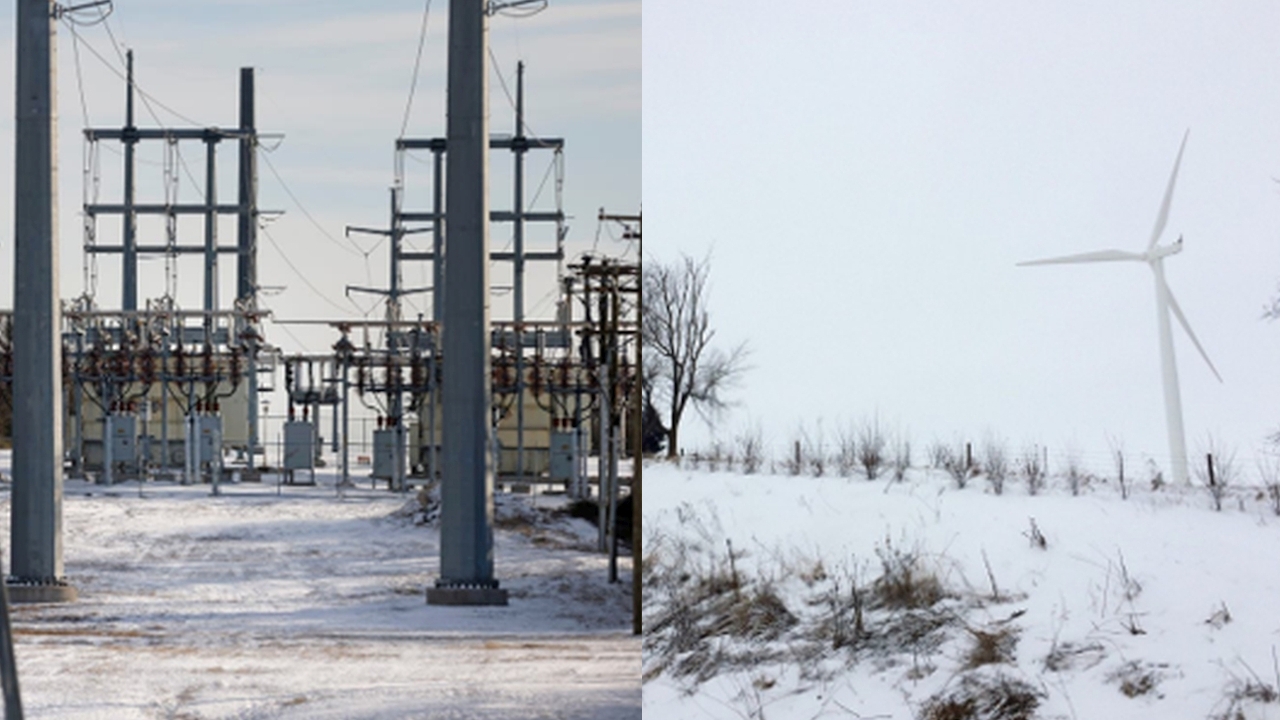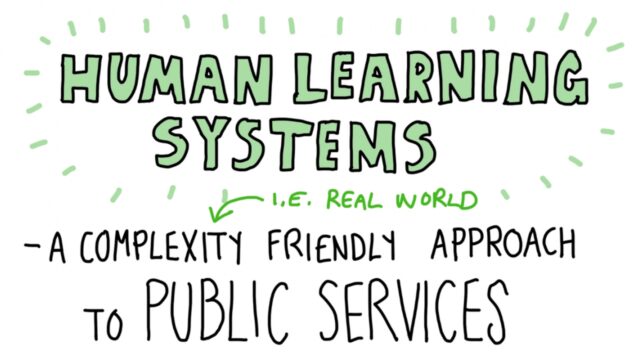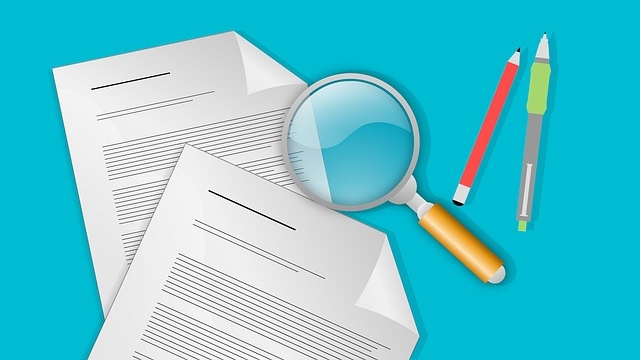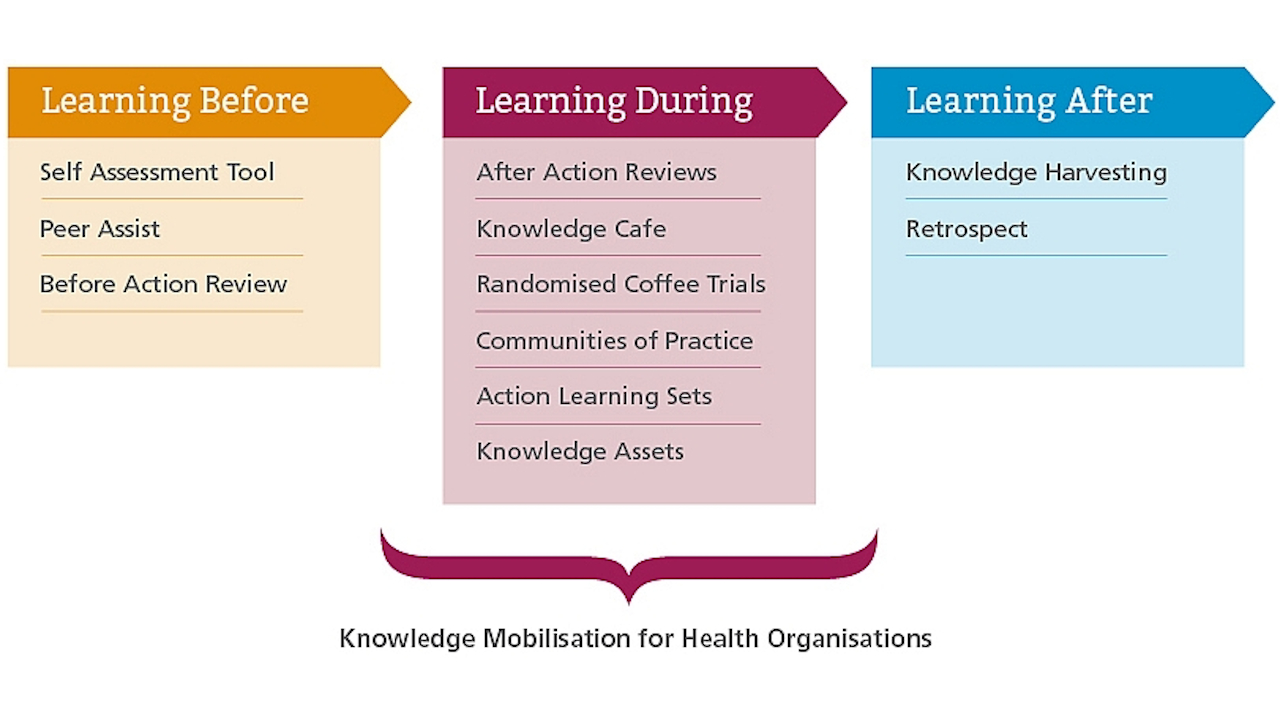
Lessons learned and design thinking – crafting an environmentally and economically balanced national energy policy
The energy crisis in Texas should open some eyes
I’m interested in Texas right now because some of my family lives there. Beyond COVID-19 impacts they tell me it’s a very hard winter for Texas residents without power and utilities – heat, light, and running water – that is affecting millions of the Lone Star State’s residents for the third day. Prognosis is not good at the moment so it looks like suffering will continue in the near term until Mother Nature lets up.
Here is an excerpt from a Wall Street Journal opinion article:
Texas energy regulators were warning of rolling blackouts late last week as temperatures in western Texas plunged into the 20s, causing wind turbines to freeze. Natural gas and coal-fired plants ramped up to cover the wind power shortfall as demand for electricity increased with falling temperatures. It wasn’t until temperatures plunged into the single digits early Monday morning that some conventional power plants including nuclear started to have problems, which was the same time that demand surged for heating. Gas plants also ran low on fuel as pipelines froze and more was diverted for heating. Gas power nearly made up for the shortfall in wind, though it wasn’t enough to cover surging demand.1
We have seen a (policy) effort to take nuclear and coal plants offline as part of an evolving energy policy. This evolving policy impacts the public when blackouts occur because the grid is fragile and there is little or no backup – no plan B in other words.
Whether one agrees with this explanation or not, the reality is people living in sub-freezing temperatures in Texas with no power, heat, or utilities.
A solution must focus first on learning, not blame
If you’ve watched or read any news sources about the Texas crisis, the discussion often centers on who is to blame. This approach goes down the wrong road. As knowledge management practitioners understand2, when the focus is on who is to blame vs. what can we learn to deliver better energy outcomes, results are marginalized. In the political environment, and looking at past crises, if this is where the focus is, it is no wonder that policy, in this case, energy policy is and is likely to be disjointed.
The discussion, I believe, should first be focused on what have we learned from this crisis and how can we apply these learnings to develop a balanced energy policy that achieves environmentally sound and sustainable goals while protecting the public and providing the power and utilities people need? In my opinion, this would seem to be the primary focus and accountability of government at the national, state, and local level influenced by the context of regulatory and policy expected impacts driving implementation in the respective geographic area. One size does not necessarily apply to all. Think of it as policy development and implementation designed to be “fit for purpose.”
Some questions to consider to get started:
- How could this crisis and the hardship in Texas have been mitigated or avoided?
- How can lessons learned be applied to craft a non-political, bipartisan, and sustainable energy policy that also focuses on reducing emissions in the future and supporting the public?
- Along with the law, regulatory, and policy implementation of whatever the national energy policy roadmap turns out to be, how will we achieve the national, regional, and local behavior change necessary for a new energy policy to be both effective and sustainable in meeting the public’s needs?
Design thinking as an approach to energy policy development
I have an idea. It might be useful to approach energy policy outcomes underpinned by using “design thinking.”
What is design thinking?
Design thinking is a process for creative problem-solving … In employing design thinking, you’re pulling together what’s desirable from a human point of view with what is technologically feasible and economically viable.3
Is anyone listening?
Header image source: Author supplied.
References:
- The Editorial Board. (2021, February 17). Texas Spins Into the Wind. Wall Street Journal. ↩
- Gottschalk, P. (2018). Facts or knowledge? A Review of private internal reports of investigations by Fraud examiners. International Journal of Management, Knowledge and Learning, 7(2), 165–185. ↩
- IDEO. (n.d.). What is Design Thinking? ↩






